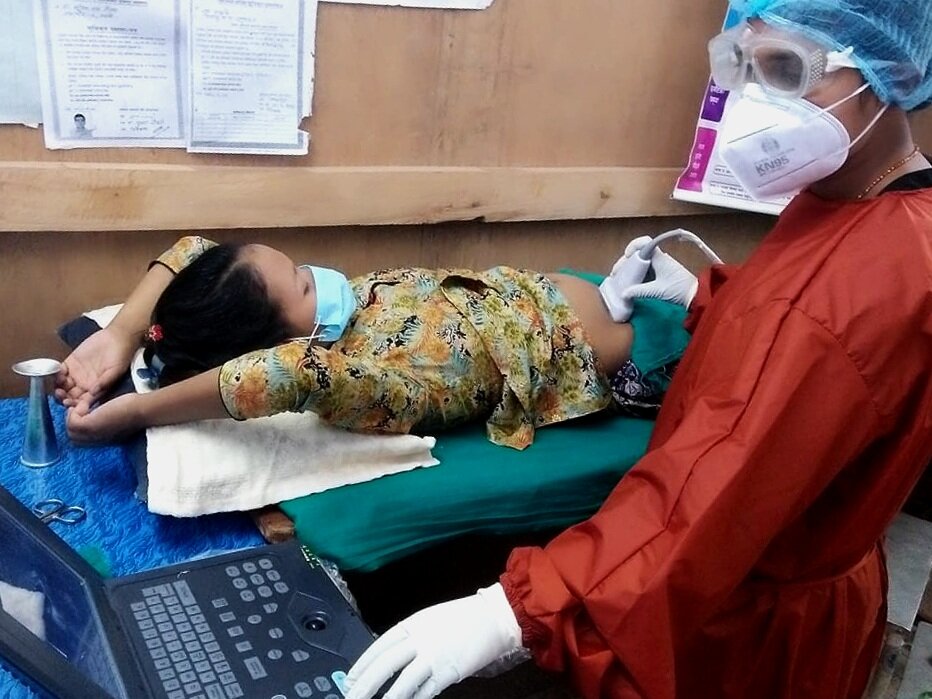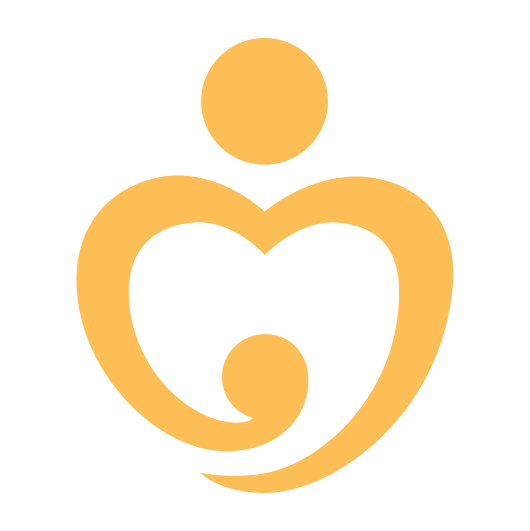
COVID-19 Response
562
Health Facilities enrolled in the Maternal and Newborn Health Emergencies Helpline Service

109
Health Facilities in OHW districts with SBA telehealth services for pregnant and recently delivered women

100
Health Facilities that have received orientation on interim government guidelines to restore health services

91
Birthing Centers have received COVID Readiness Training

COVID-19 in Nepal
The risk of COVID-19 transmission has been steadily increasing all over Nepal, along with the number of new cases, both among our trainees and our staff. Our team resumed in-person operations while adhering to COVID-19 PPE and social distancing guidelines to ensure their safety and that of our program beneficiaries.
Although the national lockdown was lifted in June, local travel restrictions remained in effect in our active program districts during Q3 2020. In addition, public gatherings were limited to fewer participants, which impacted our larger training programs (increasing the number of training workshops necessary to train the same number of people).
These restrictions have impacted our ability to roll out some of our scheduled program activities as planned, mostly our in-person activities such as SBA coaching and mentoring and our community stakeholder training programs.
Despite the challenges presented by the ongoing pandemic, our team accomplished a tremendous amount of work. During Q3 2020, our team was able to conduct several field activities while maintaining the GoN recommended protocol amidst the COVID-19 pandemic. Targeted training programs were held at birthing centers to orient the health facilities staff and municipalities authorities to the Family Welfare Division interim guidelines for COVID management. In addition, the number of health facilities utilizing the MNH helpline services have increased.
~ Last updated: November 18, 2020
Maternal and Newborn Health Emergencies Helpline
We developed this helpline in collaboration with the GoN and the Nepal Society of Obstetricians and Gynaecologists (NESOG) to assist rural MNH services providers in clinical decision-making during the COVID-19 pandemic. Given the impact on travel and accessibility due to the pandemic, this program was designed in anticipation of local providers faced with emergency MNH scenarios in which referral to a higher facility might be delayed or not be possible at all. In Q3, this program has been rolled out to 562 rural health facilities (579 since inception) in 16 of our program districts. Since then, this program has handled 201 potential emergencies (pregnant women/newborn in distress at a rural health facility). Among these 201 cases, 35 were managed locally, 157 were referred to the next level of care via ambulance and 9 were airlifted. No maternal deaths occurred, but we did lose 14 newborns. Post-debriefing sessions with the health facilities who managed complications using the MNH helpline were initiated to promote reflective learning and improve future clinical performance.
Telehealth Program for Rural Birthing Centers
This program supports Skilled Birth Attendants in adapting their pre-COVID in-person consultations to cellphone-based consultations for pregnant women (antenatal care) and recently delivered women (postnatal care). By providing cell phone credits to enable the SBAs to make this shift, pregnant and postpartum women can still receive the health education and support they need during this vulnerable period, while limiting unnecessary potential exposure to COVID for themselves or their providers. This program was initiated in 109 health facilities during Q3 (114 since inception) and has provided ANC services to 5,744 pregnant women and PNC services to 1,882 postpartum mothers during Q3 2020.






